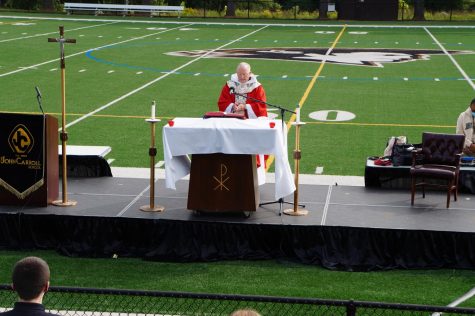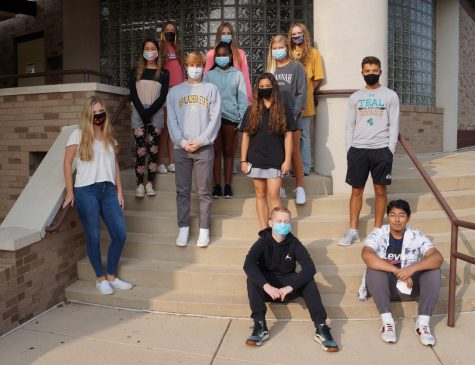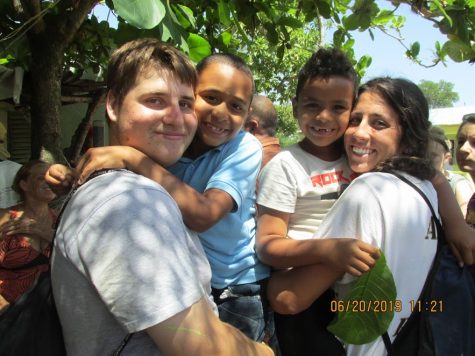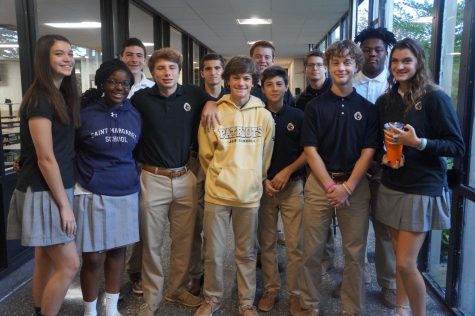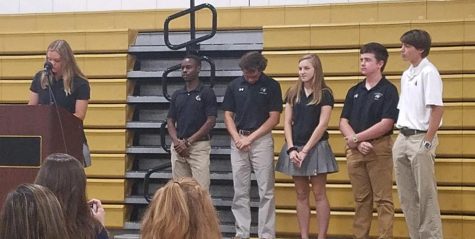Closing the book on summer reading
It’s official. The school-wide summer reading will not be returning this summer. According to Vice Principal of Academics Gary Scholl, the academic departments will require summer work, but the school-wide summer reading is not coming back.
According to former chair of the Summer Reading Committee Danica Attanasio, the main reason it is ending is that it has drifted from the original purpose of reading as a school community and has overlapped with the English Department.
Attanasio says that as the years went on it became harder to find one book that was appealing to the interests of both students and faculty.
Media Center Director Kathy Welsh, also a former chair of the Summer Reading Committee, says that students had been pushing the school-wide reading assignment aside and considering it to be less important than other assignments. “Older students weren’t reading the books,” Welsh said.
“Reading is important, but it shouldn’t be forced,” sophomore Nate LeBuhn said.
According to Welsh, it was confusing for the incoming freshman as they didn’t know where the assignment could be found.
“The questions weren’t clear, and there wasn’t a teacher to verify it,” freshman Ashley Schwartz said.
The school-wide summer reading was created for the 2002-2003 school year by current Senior Project Coordinator and former English teacher Louise Geczy. She wanted to ensure that students were reading during the summer and were actively working their brains.
According to Geczy, the original idea was to have a different department oversee it each year, starting with the English department. One book would be chosen and the entire school would read it. Then, in the beginning of the year a speaker related to the story, often the author, would come and talk to the students. According to Attanasio, everyone participated and this brought the community together.
Although the school-wide summer reading is over, students are expected to do the other summer work assigned. “If [students] are readers, then they are reading anyway,” Welsh said.
Caroline Cooney is a reporter for The Patriot and jcpatriot.com.






